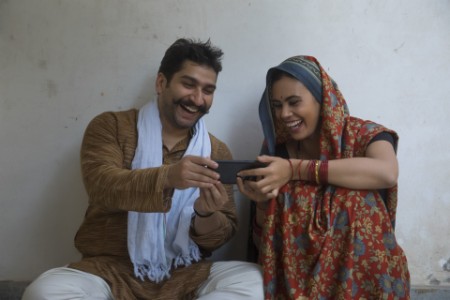Through similar rural interventions aimed at creating women entrepreneurs, EY has helped increase incomes of over 275,000 families in around 3,000 villages across 10 states of India.
Watch the story of Monica Mahato, a microentrepreneur in animal husbandry who feels proud to enhance her family’s income and provide better access to healthcare and education for her children.
Shamayita Math trains women, under their “Pashu Sakhi” program. The Pashu Sakhis (friends of animals) are responsible for organizing village-level meetings, mainly with women Self Help Group (SHG) members who are involved in goat rearing. They train the women in management of goats’ habitation, fodder management and techniques like deworming to protect the animals from diseases.
So far, the organization has trained over 180 Pashu Sakhis to serve 500+ villages in three districts. Today, they are earning between INR18,000 - 50,000 per annum. This is helping not only gain self-esteem but also contribute to their families’ income.
Around 23,600 households in West Bengal are engaged in animal husbandry, more than 11,500 of them have purchased two or more mother goats by taking loans from their SHGs and over 9,500 have started rearing six or more new desi poultry birds. This has resulted in a significant increase in average additional income from INR9,000-32,000 per year in three years’ time.
*Source: Census 2011
Summary
Through similar rural interventions aimed at creating women entrepreneurs, EY has helped increase incomes of over 275,000 families in around 3,000 villages across 10 states of India.


